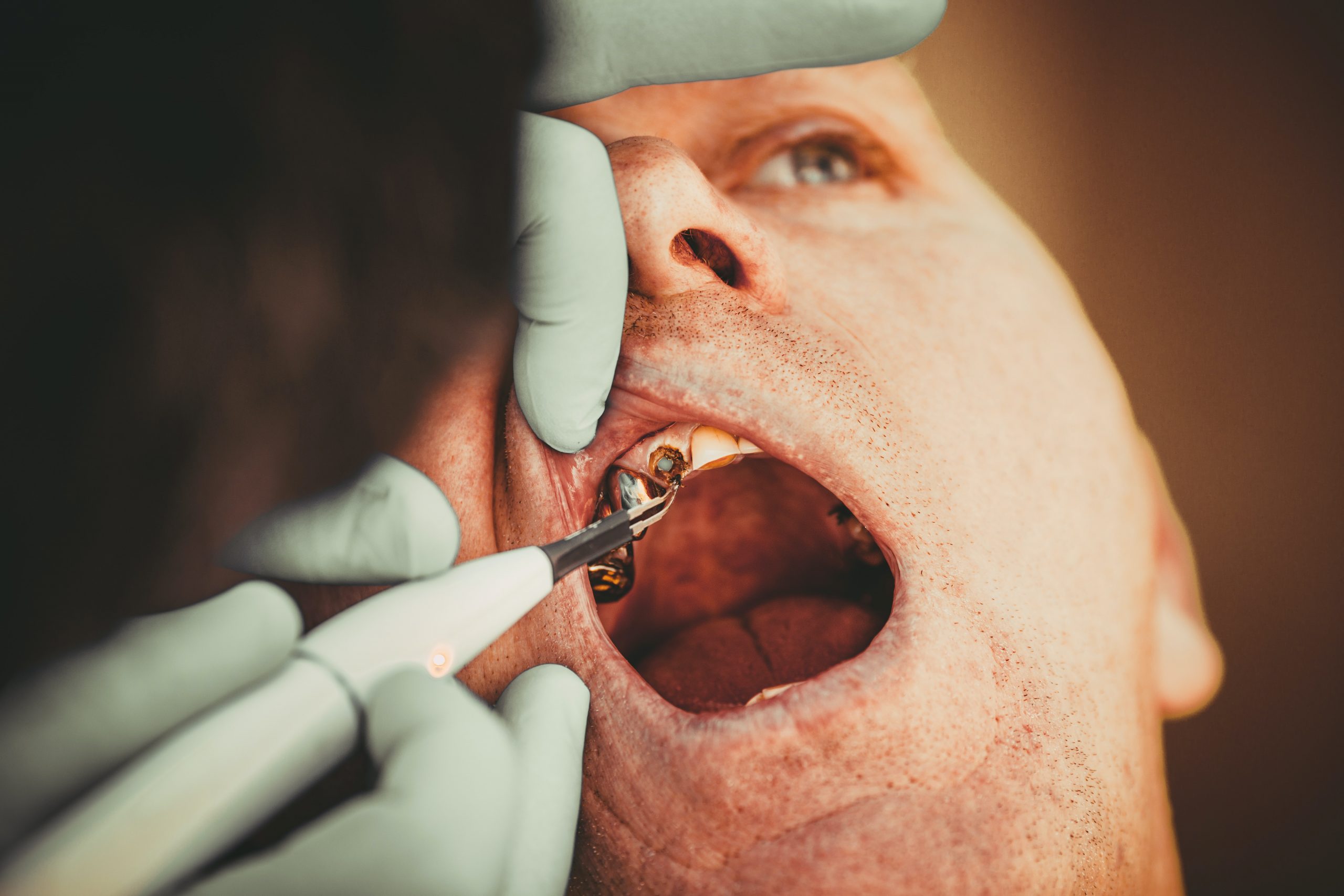
Tooth Enamel Erosion and Restoration
Tooth enamel is the hard outer layer that covers the surface of teeth, providing protection and support to the underlying dentin and pulp. Enamel erosion occurs when the enamel is gradually worn away by acids, mechanical forces or other factors. This process can lead to tooth sensitivity, discoloration, and even tooth decay. Fortunately, there are ways to restore tooth enamel and prevent further erosion, which can help maintain healthy teeth and gums.
Tooth enamel erosion can be caused by a variety of factors, including:
1)Acidic foods and drinks: Consuming high amounts of acidic foods and drinks, such as carbonated beverages, citrus fruits, and vinegar, can cause enamel erosion over time.
2) Poor oral hygiene: Failing to brush and floss regularly can lead to the buildup of plaque and tartar, which can erode enamel and cause tooth decay.
3) Dry mouth: Saliva helps neutralize acids in the mouth and protect tooth enamel. A lack of saliva due to certain medications or medical conditions can increase the risk of enamel erosion.
4) Tooth grinding: Habitually grinding or clenching teeth can wear down enamel over time.
5) Genetics: Some people may be predisposed to weaker enamel due to genetic factors.
The signs of enamel erosion can include sensitivity to hot, cold, or sweet foods and drinks, as well as discoloration and small cracks on the surface of the teeth. If left untreated, enamel erosion can lead to more serious dental problems, such as cavities and tooth decay.
To prevent enamel erosion, it is important to maintain good oral hygiene habits, including brushing and flossing twice a day and visiting the dentist regularly for check-ups and cleanings. Avoiding or limiting acidic foods and drinks, using fluoride toothpaste and mouthwash, and drinking plenty of water can also help protect tooth enamel.
If enamel erosion has already occurred, there are several options for restoring tooth enamel, depending on the extent of the damage. In mild cases, a dentist may recommend using a fluoride treatment or gel to help remineralize the enamel and strengthen the teeth. In more severe cases, a dentist may recommend bonding, veneers, or crowns to cover and protect the damaged tooth.
In addition to these treatments, it is important to continue practicing good oral hygiene habits and making dietary changes to prevent further enamel erosion. With proper care and attention, it is possible to restore and maintain healthy tooth enamel for a lifetime of strong, healthy teeth.
